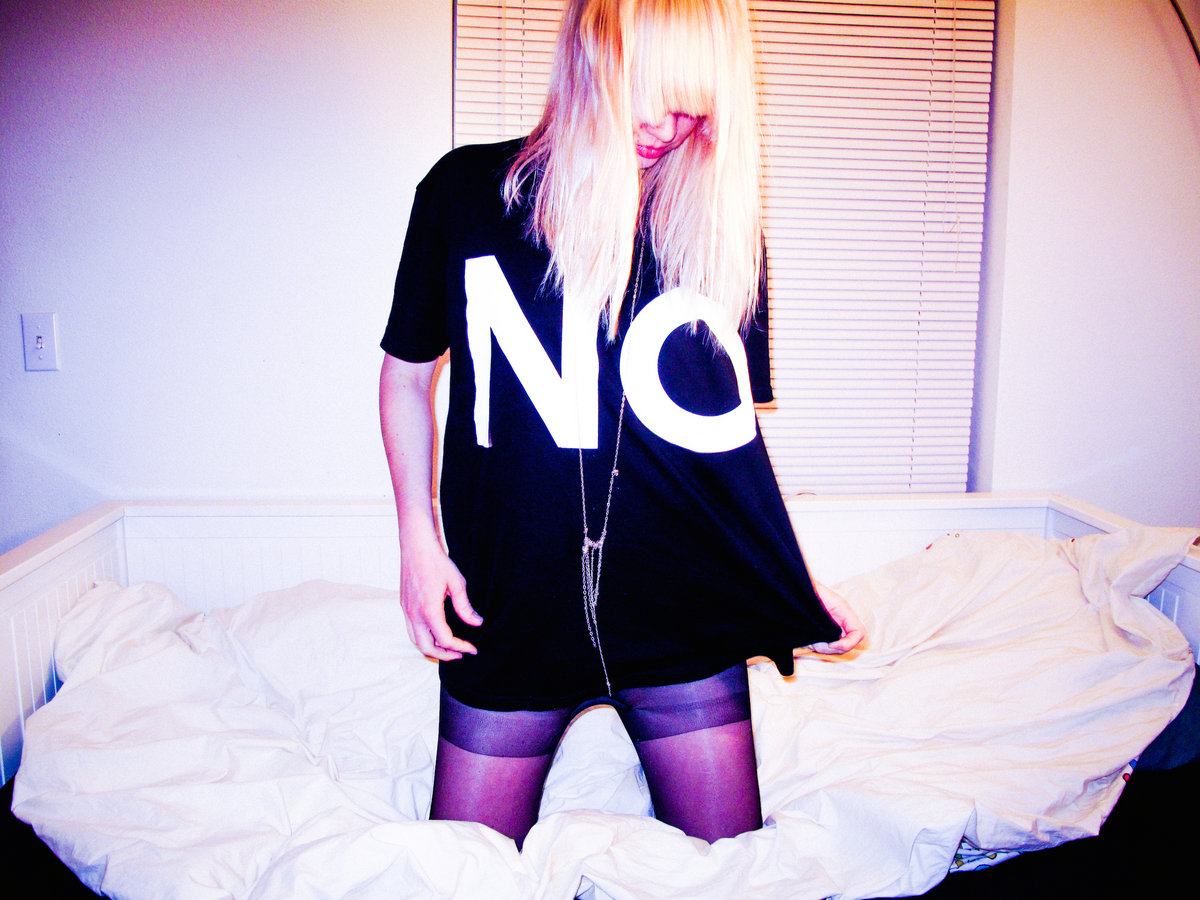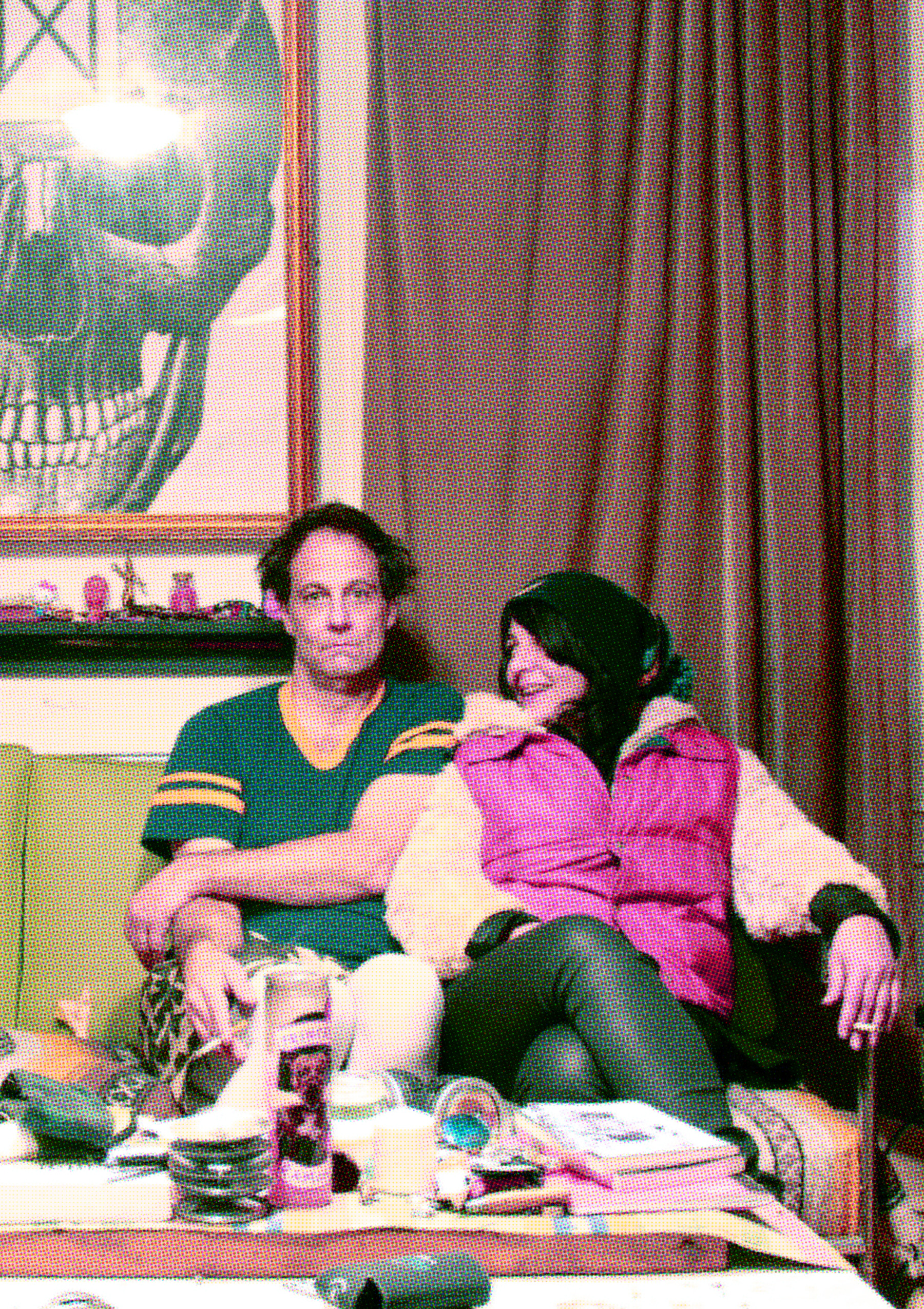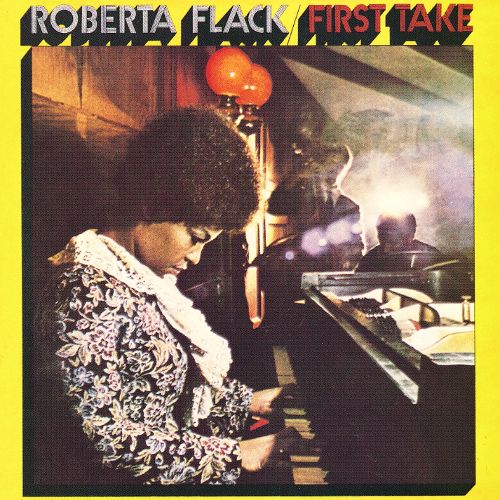for my mother
This morning, I walked my dog and pressed my coffee, then I settled on a cushion in the early-morning dark of my living room. Lights out, eyes closed, candles burning, I listened to EMA’s new album at a decisively non-early-morning volume.
NPR music critic, Ann Powers, calls Erika M. Anderson (EMA) “the thinking woman’s burnout.” I am a thinking woman. As I knelt in the candlelit dark, EMA’s burned-out bass lines thrummed up from my toes to my ribs. I felt each metal-tinged note of her keyboard behind my eyes and at the back of my throat. “Tell me stories of famous men,” she sang in my ear. “I can’t see myself in them.”
Tell me about it. This morning I am queasy upon reading the news, so many #MeToo stories, so many famous (and not-so-famous) men. I am thankful to have music and lyrics to accompany and articulate my unrest.

*
This morning ritual, a music meditation as indispensable to my waking as strong black coffee, offers a lyrical and musical outline for my day. On this morning, this day, I craved the bleak dystopia of EMA’s new album, Exile in the Outer Ring (City Slang, 2017), with its drone-folk dread and its nightmarishly catchy hooks. A critique of the stifling politics of Outer Ring, a fictional, sickeningly beige suburb where misogyny and white supremacy reign, the album captures the Trump-era nausea I felt this morning (and too many other mornings lately).
I don’t always seek to match my morning melody with my mood or the events of the day. On the contrary, the music sets my mood just as often as the other way around. This is one thing music does for us: provides a shape made of sound, a mold into which we can pour ourselves and gel into its form for a while. Some mornings I go for inspirational (Kesha) or pensive (Aimee Mann). This morning, I took the shape of feminist disquiet. I needed its solidity.
*
I can trace this habit, and my insatiable love of music, to a discrete memory. Five years old, standing in the living room of my childhood home, my little body submerged in darkness and powerful music. The dark and the music were not abstract to me; each had its own substance, a weight and shape. The blackness was punctuated by winking candles. The music swelled. It seemed as if I were standing in a bowl of night sky.
My mother had created this shape of sound, this first musical mold, deliberately. I can remember her hands on my shoulders, standing me in the living room (I was surprised and delighted by the darkness and the candles) and asking me to let the song (The Moody Blues’ “Knights in White Satin”) wash over me like water. She meant this literally: it was a spiritual exercise, sacramental, like a baptism. And as the music filled the room, it really did feel liquid, like taking a warm bath in beauty.
So eager was my mother to share her love of music with me that I felt, in addition to beauty and power, a sense of keen anticipation, as if something metaphysical was about to happen. Would God appear? Would our little living room open up and be swallowed by sky and stars?
That was almost 40 years ago, and while those things didn’t happen in precisely the way a 5-year-old might imagine. There was a shift in the universe that evening. I was baptized into music.
*
We often speak of someone “instilling” a love of music (or literature, or waffles, or what-have-you) in us. To instill means to infuse an idea or feeling into someone, slowly, drop by drop. In my memory, 5-year-old me is surrounded by shimmering liquid drops of music.
But it might be just as meaningful to say that my mother “distilled” a love of music in me—distill, meaning to purify, to extract the important aspects or the essential meaning of something, such as music.
Words are metaphors: in the one case, my mother fills me, drop by magic drop, with music; in the other, she extracts what I need—which was also what she needed—from music and offers it to me like an essential oil, powerful and sweet. Oil and water: both sacramental, both used in baptism.
*
Tomorrow morning, after walking my dog and pressing my coffee, I’ll take the shape of bold St. Vincent (“pills pills pills every day of the week”) or moody Mazzy Star (“does the wind indeed like me?”) or my mother’s favorite, the wise Carly Simon (“you showed me how to fill my heart with love / how to open up and drink in all that white light”). I’ll ask these women to surround and support me with their music, to help me articulate my political dread or my outrage or my tenderness, to wash over me and to let me take their form. Like my mother did and does, her heart full of love and the white light of music.



